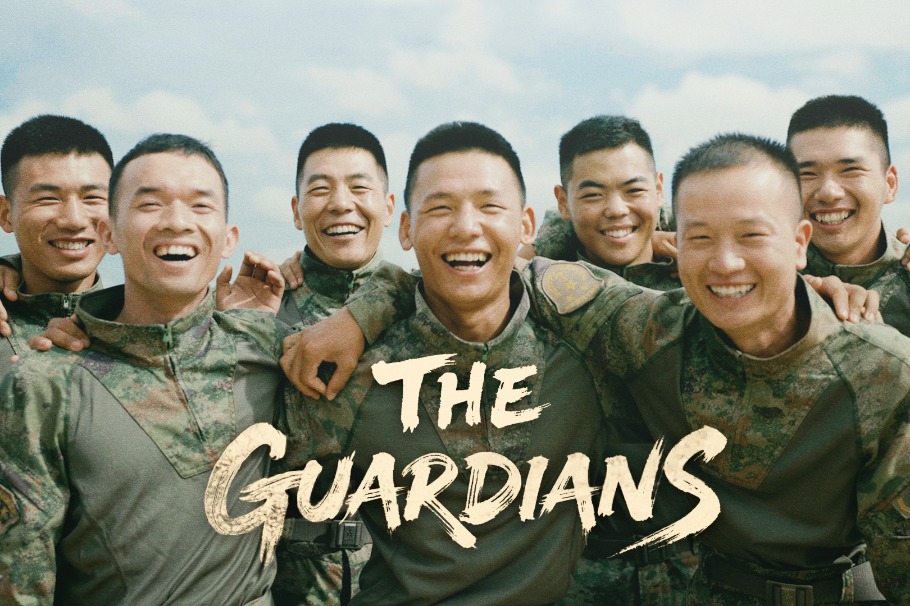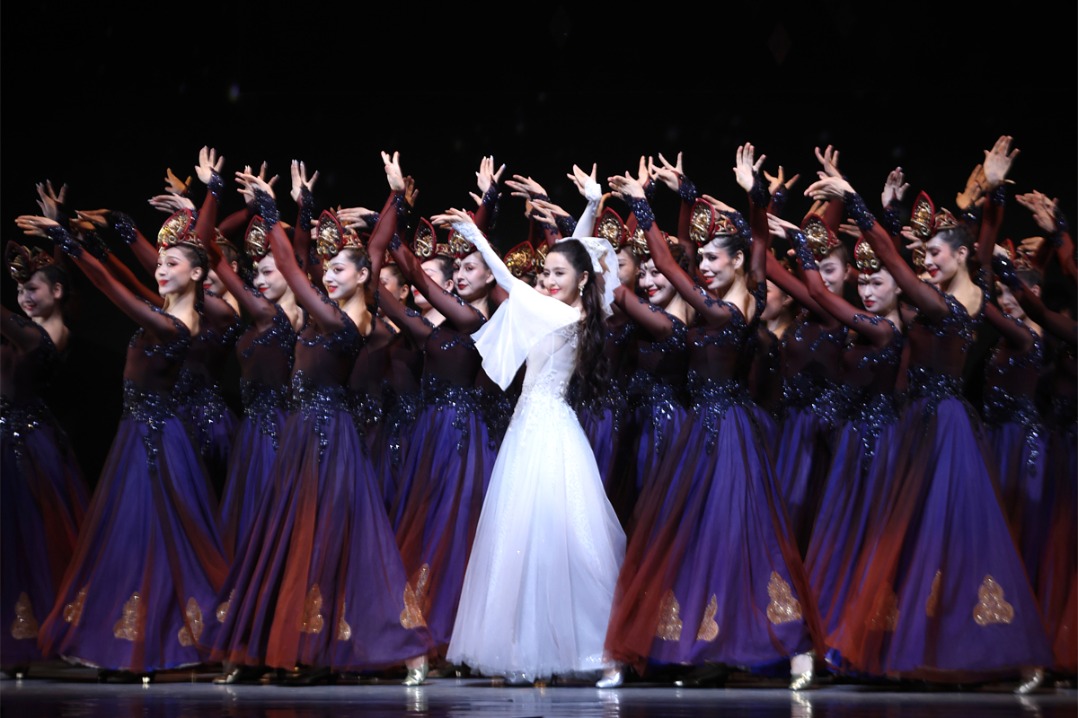Mexican skater meets sport goal in Beijing

After his Olympic debut, Donovan Carrillo raised his blade covers, painted in the colors of the Mexican national flag, and said to the camera: "To my family and all Mexicans, our dream has come true!"
Born and raised in a country where snow is rarely seen, the 22-year-old is Mexico's first Olympic figure skater in 30 years, and the only one of his countrymen to compete in free skating.
Staking his short program to the remix of Black Magic Woman and Shake It, which starts slow and mysterious, but becomes swinging and jaunty, Carrillo's performance was enthusiastic and full of smiles. The performance earned him a personal-best score and a historic ticket to the men's free skating final, which took place on Feb 10 in Beijing.
Carrillo ranked 22nd in the final, but created his personal-best score at 138.44 points.
"I didn't want it to end. I wanted to keep skating and living the Olympic dream," he says.
It has been 55 years since Mexico City, the capital of Mexico, last saw snow. And figure skating is something people seldom talk about in a country where soccer, boxing, basketball and baseball prevail over other sports.
For Carrillo, the story with ice started from a crush on a girl.
Born in 1999 to parents who were both physical education teachers, the Mexican boy was named after Donovan Bailey, a well-known Jamaican-Canadian sprinter, and was urged to play as many sports as possible.
He was training in gymnastics and diving at first. While at the age of 8, he was lured into skating by a girl who, at the time, was taking figure skating lessons with Carrillo's elder sister.
"After my classes, I used to go to the rink and watch my sister perform all the movements, the jumps and spins and choreography with her friends. I started to practice these jumps off the ice. I would put on some music, and then I would get inspired to try to do my own choreography," Carrillo recalls.
Beyond all expectations, the boy who had sought to talk more with a girl fell in love with the ice. "I felt like I was a fish in the water. I felt free and felt like I found the place where I belonged," he says.
On Feb 8, Carrillo took to the ice as the eighth skater and pulled off a nearly perfect quad toe loop and triple axel at the Capital Indoor Stadium. Performing with no hesitation, he seemed to be quite familiar with the venue.
Nine days ago, when he practiced for the first time in the stadium, he spent much time getting used to the Olympic rink.
"In Mexico, we don't have any Olympic-sized rinks. In Leon, Guanajuato, the city where I live, the rink is in a mall, so we have to train with the public. And sometimes we cannot do all programs because the music for the public session is on, so it's just a little bit challenging," says Carrillo.
"But it's not impossible," he says, adding that before he moved to Leon, the rink in his hometown Guadalajara was even smaller, and in the shape of a circle. When he was 13, the circular rink shut down and he had to move to Leon with his coach Gregorio Nunez.
As well as the infrastructure issues, raising funds for attending international competitions is also a challenge. Before the Mexican government started supporting him in 2019, all the expenses had been covered by Carrillo's family and friends, but it was never enough and he often had to take time away from training.
"I started to work by teaching a little bit, to help me with my sporting expenses," he says. "Now I have set up crowdfunding for people to make donations, which makes it easier for me."
The cultural barrier is another challenge for Carrillo. "Sometimes people think that artistic sports are only for women, so that's something I had to fight when I was a kid," he says, adding that he hopes to lessen the sexual bias, as well as people's doubts about winter sports in Mexico.
"And that's one of my goals here-to inspire others," Carrillo notes.
For the past eight years, Carrillo has skated to at least one piece of Latin music in every competition season, and the 2022 Winter Olympics was no exception. For his debut show in Beijing, Carrillo picked the music of Carlos Santana, who was born in Mexico and also the favorite artist of Carrillo's father. And his costume, a black shirt adorned with over 17,000 crystals, was tailored for him, free of charge, by Mexican designer Edgar Lozano.
"It's something that I always try to do with my performance, to involve the Mexican culture," Carrillo says, adding that international competitions are good platforms for cultural exchanges, and he hopes to bring Mexican culture to a greater number of people.
Xinhua

Today's Top News
- Greece hoping to lure expat workers home
- EU preparing to push up price of short-stay visas
- The bear who won over the world
- Summit a key moment for China-EU ties
- Unstable political landscape seen in Japan amid election
- Intl unity in fighting fascism recalled






























